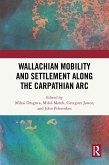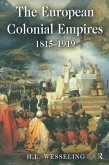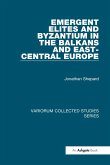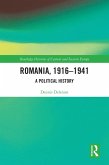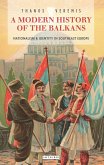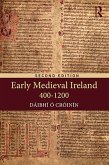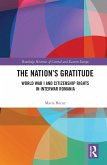Wallachian Mobility and Settlement Carpathian Arc, a project initiated by the Balkan History Association, seeks to fill this void by bringing together the research from multinational scholars of various academic disciplines. Scholars and students seeking to further understand the prevailing academic literature on this topic will find this an invaluable, one-of-a-kind resource.
The volume serves as a segue into various academic discussions and encourages exploration of socio-cultural exchange, economic impacts of migration, interethnic interactions, legal systems, environmental effects, technological transfers, linguistic changes and studies on diaspora. Delving into this comparative analysis highlights the complexities and interconnectedness of history.
Dieser Download kann aus rechtlichen Gründen nur mit Rechnungsadresse in A, B, BG, CY, CZ, D, DK, EW, E, FIN, F, GR, HR, H, IRL, I, LT, L, LR, M, NL, PL, P, R, S, SLO, SK ausgeliefert werden.



